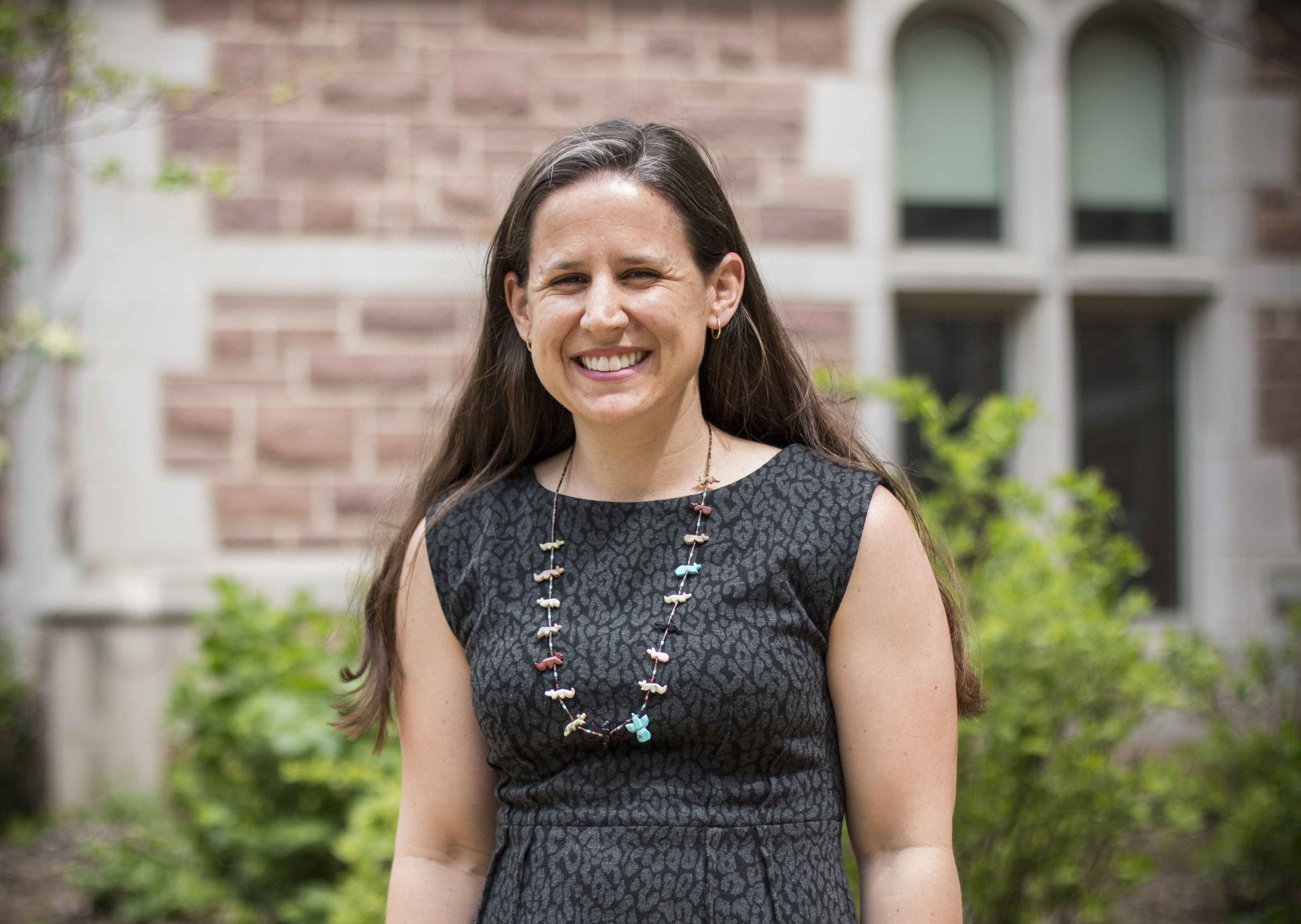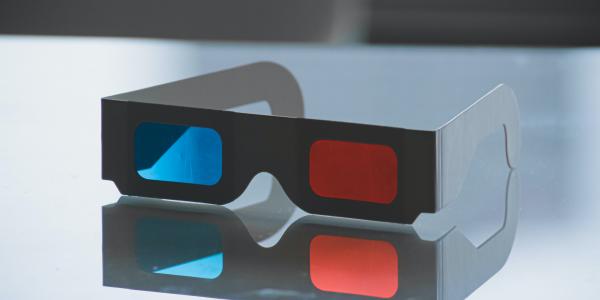Recent research from political scientist Betsy Sinclair reveals the surprising extent of partisan misperceptions.
Many Americans have long been accustomed to feeling political tension at family gatherings and on social media, where outright hostility can lead to the feeling that, now more than ever, the people around you simply don’t see the world the same way you do. According to research from political scientist Betsy Sinclair, this notion that there’s a fundamental – even insurmountable – division between ourselves and our political rivals is common. But, Sinclair’s research also shows that at least some of that feeling stems from errors in judgment.

In a recent paper, “Through the ideology of the beholder: How ideology shapes perceptions of partisan groups,” Sinclair, professor of political science in Arts & Sciences, and her collaborators explore the gaps between what different groups actually believe and what their political rivals think they believe. The results have important implications for understanding the consequences of increased polarization and partisan antipathy in contemporary politics.
“To a large extent, this project is about misperceptions, or even about stereotypes,” Sinclair explained. “The more you stereotype the other party, the less likely you are to interact with members of the other party, leading to increased social polarization.” That social isolation can have a cascading effect, Sinclair says, eroding America’s “civic glue.”
The research team started by asking a representative sample of Americans what they believe on a number of wildly different topics. The questions included things like, should children be required to say the Pledge of Allegiance every morning? Should Americans have to drive electric cars? Should everyone own a gun?
After establishing a baseline for what people actually think, the researchers polled a different group of Americans. This time, they wanted to know, what percentage of Republicans or Democrats do you believe think these things?
Sinclair and her colleagues found that Americans very often get it wrong. It turns out that people tend to judge rival partisans unfairly, attributing beliefs to them that they don’t actually hold, and that misattribution has a real impact on social interactions as well as political discourse.
“For example, most Republicans do not genuinely think that dinosaurs and humans roamed the Earth together, but there are a lot of Democrats who think that’s a common Republican belief,” Sinclair said. “Really, one in four Republicans believe that, and, for Democrats, it’s one in five.”
Sinclair pointed to other examples where there’s no significant difference in the beliefs held by Republicans and Democrats. For example, very few people in either party want a ban on soda, and relatively few Democrats want everyone to pay more taxes. However, that alignment is largely invisible to the mass public. We’re all looking at the world through partisan-tinted glasses.
“There’s a lot more that unites us than divides us. It can be easy to lose sight of that with the flashiness of social media.”
Though this sounds pretty bleak – how are regular citizens to break out of this cycle of stereotypes and social isolation? – Sinclair is not without hope. If the dark side of rising polarization is the harm it can do to social ties, then the bright side may be how much people naturally want to maintain those connections, even across party lines.
“People want to take care of each other, they want to maintain social relationships and deep personal connections, because that’s who we are as a species,” Sinclair said. “If someone you care about tells you, this is something that matters to me, then you listen. There’s a lot more that unites us than divides us. It can be easy to lose sight of that with the flashiness of social media.”
Ultimately, Sinclair advocates for using action as an antidote to anger and political division, especially when that action takes the form of civic engagement for the good of one’s community.




